Although the newer variants of SARS-CoV-2 have weakened people’s antibody defenses, the second arm of the immune system (T cell immunity) has retained its functionality.
Most of the research has focused on antibody responses, esp. neutralizing antibodies - for two reasons.
1. A reduction in neutralizing-antibody levels correlates with a greater risk of symptomatic disease.
2. Antibodies are easier to study.
Antibody effectiveness appears to be fragile because a few mutations will cause a reduction in their neutralization capacity.
However, T cells appear to be more resilient. They retain their function as ‘killer’ cells and destroy virus-infected cells, thereby limiting the spread of infection and reducing the possibility of serious illness.
T-cells are resilient because their levels do not drop as quickly as antibodies. Also, T cells can recognize many more sites on the spike protein than can antibodies - this allows T cells to cross-recognize even the highly mutated variants.
Link: Read here
A few studies in this regard:
T cell immune response generated by SARS-CoV-2 vaccines is substantially preserved against the Omicron variant.
CD4+ T cells:
The proportion of CD4+ T cell epitopes potentially affected is 20%. However, the immunity loss mediated by CD4+ T cells could be slightly above 30% - the reason being that some of the affected epitopes are relatively more immunogenic.
CD8+ T cells:
The estimated loss for CD8+ T cells is approximately 20%.
The overall loss in protection:
The reduction observed in T cell immunity is significantly higher than that observed against other variants. If we combine T cell immunity loss with the substantial antibody neutralization loss, the overall protection provided by SARS-CoV-2 vaccines could be significantly lower.
Conclusion:
Though there is a 20-30% loss in T-cell immunity, authors expect the remaining 70 - 80% of on-target T cells induced by SARS-CoV-2 vaccines to reduce morbidity and mortality from Omicron infection.
Link: Read here
T cell responses induced by previous infection or vaccination remain robust against the Omicron variant.
Omicron’s extensive mutations have resulted in reduced susceptibility to neutralizing antibodies. However, most T cell responses, induced by vaccination or natural infection, have been able to cross-recognize the new variant.
Well-preserved T cell immunity to Omicron is likely to contribute to protection from severe COVID-19. The findings of this study supported the early clinical observations from South Africa.
Link: Read here
Divergent SARS CoV-2 Omicron-specific immune (T-cell and B-cell) responses in SARS-CoV-2 vaccine recipients
The study showed that vaccinated people retain T-cell immunity to the SARS-CoV-2 Omicron variant, potentially balancing the reduction observed in antibody neutralization against Omicron. Booster vaccinations may further restore Omicron cross-neutralization by antibodies.
Link: Read here
Highly Cross-Reactive Cellular Immunity to the SARS-CoV-2 Omicron Variant induced by COVID-19 vaccines
AstraZeneca/ Covishield or Pfizer vaccine recipients showed durable CD8+ and CD4+ T cell responses with demonstrable extensive cross-reactivity against both the Delta and Omicron variants. This study showed that current vaccines might provide considerable protection against severe disease due to the SARS-CoV-2 Omicron variant despite the substantial reduction observed in antibody-neutralization.
Link: Read here
Effectiveness of BNT162b2 Vaccine against Omicron Variant in South Africa
Another study showed that the Pfizer vaccine effectiveness is (albeit at a reduced level) maintained against the hospital admissions presumed to have been induced by Omicron, compared to previous variants. An additional COVID-19 vaccine booster dose may balance the reduction in vaccine effectiveness.
Link: Read here
Conclusion:
T-cell responses seem to have remained quite intact and the efficacy data emerging from South Africa could be due to T cells.
Dr Waris Patel explains the importance of fit test/ seal test that is mandatory in many countries to check if the Respiratory Protective Equipment (RPE) are...
LONDON, UK: Since the English government has decided to ease some of the COVID-19 restrictions just as the winter season has arrived, some professional ...
Our interest in the significance of T-cell immunity in fighting SARS-CoV-2 infection and in providing resistance to re-infection is only growing more. Now, ...
STATE COLLEGE, Pa., U.S.: It is a well-known fact that individual differences in taste and smell perception decide whether a person likes or dislikes a ...
PHILADELPHIA, U.S./CHENGDU, China: Periodontitis remains the sixth most prevalent infectious disease worldwide, and the most common cause of tooth loss ...
Losing teeth is part of childhood. For adults, however, missing molars or broken incisors require a man-made solution in the form of dentures or implants. ...
Dentistry is a highly evolving profession, integrating technological innovations into diagnostic procedures, streamlining treatments, and digitalising the ...
Nano-formulations of dexamethasone administered either IV or via inhalation may help to improve COVID-19 treatment outcomes. This editorial summarizes how ...
SENDAI, Japan: Periodontitis is a common oral disease that affects the oral health of many people with serious effects. A new research from Japan proposes a...
Immunotherapy is once again an emerging trend in cancer therapeutics, as an effective measure to reduce the mortality & morbidity rates. Evidence is ...
Live webinar
Tue. 24 February 2026
11:30 pm IST (New Delhi)
Prof. Dr. Markus B. Hürzeler
Live webinar
Wed. 25 February 2026
1:30 am IST (New Delhi)
Prof. Dr. Marcel A. Wainwright DDS, PhD
Live webinar
Wed. 25 February 2026
9:30 pm IST (New Delhi)
Prof. Dr. Daniel Edelhoff
Live webinar
Wed. 25 February 2026
11:30 pm IST (New Delhi)
Live webinar
Thu. 26 February 2026
6:30 am IST (New Delhi)
Live webinar
Tue. 3 March 2026
9:30 pm IST (New Delhi)
Dr. Omar Lugo Cirujano Maxilofacial
Live webinar
Wed. 4 March 2026
6:30 am IST (New Delhi)
Dr. Vasiliki Maseli DDS, MS, EdM



 Austria / Österreich
Austria / Österreich
 Bosnia and Herzegovina / Босна и Херцеговина
Bosnia and Herzegovina / Босна и Херцеговина
 Bulgaria / България
Bulgaria / България
 Croatia / Hrvatska
Croatia / Hrvatska
 Czech Republic & Slovakia / Česká republika & Slovensko
Czech Republic & Slovakia / Česká republika & Slovensko
 France / France
France / France
 Germany / Deutschland
Germany / Deutschland
 Greece / ΕΛΛΑΔΑ
Greece / ΕΛΛΑΔΑ
 Hungary / Hungary
Hungary / Hungary
 Italy / Italia
Italy / Italia
 Netherlands / Nederland
Netherlands / Nederland
 Nordic / Nordic
Nordic / Nordic
 Poland / Polska
Poland / Polska
 Portugal / Portugal
Portugal / Portugal
 Romania & Moldova / România & Moldova
Romania & Moldova / România & Moldova
 Slovenia / Slovenija
Slovenia / Slovenija
 Serbia & Montenegro / Србија и Црна Гора
Serbia & Montenegro / Србија и Црна Гора
 Spain / España
Spain / España
 Switzerland / Schweiz
Switzerland / Schweiz
 Turkey / Türkiye
Turkey / Türkiye
 UK & Ireland / UK & Ireland
UK & Ireland / UK & Ireland
 International / International
International / International
 Brazil / Brasil
Brazil / Brasil
 Canada / Canada
Canada / Canada
 Latin America / Latinoamérica
Latin America / Latinoamérica
 USA / USA
USA / USA
 China / 中国
China / 中国
 Pakistan / Pākistān
Pakistan / Pākistān
 Vietnam / Việt Nam
Vietnam / Việt Nam
 ASEAN / ASEAN
ASEAN / ASEAN
 Israel / מְדִינַת יִשְׂרָאֵל
Israel / מְדִינַת יִשְׂרָאֵל
 Algeria, Morocco & Tunisia / الجزائر والمغرب وتونس
Algeria, Morocco & Tunisia / الجزائر والمغرب وتونس
 Middle East / Middle East
Middle East / Middle East



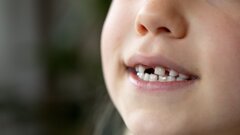





























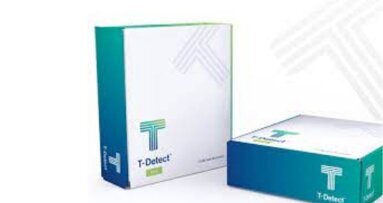

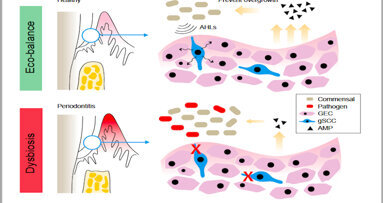
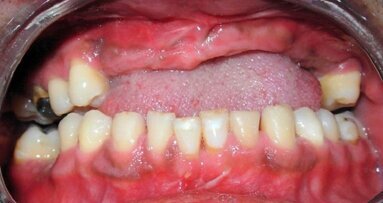

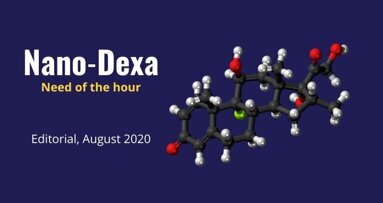
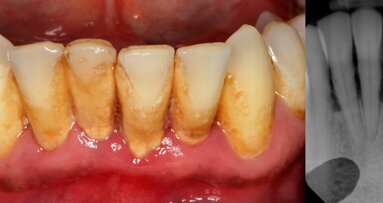

















To post a reply please login or register